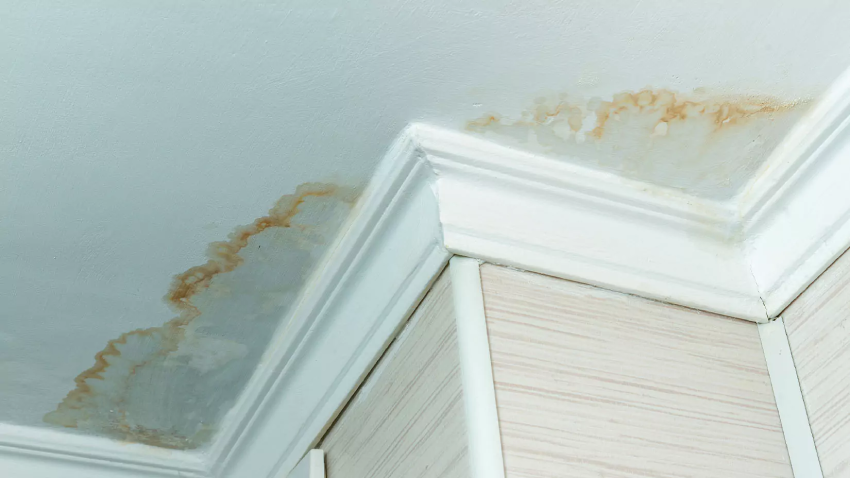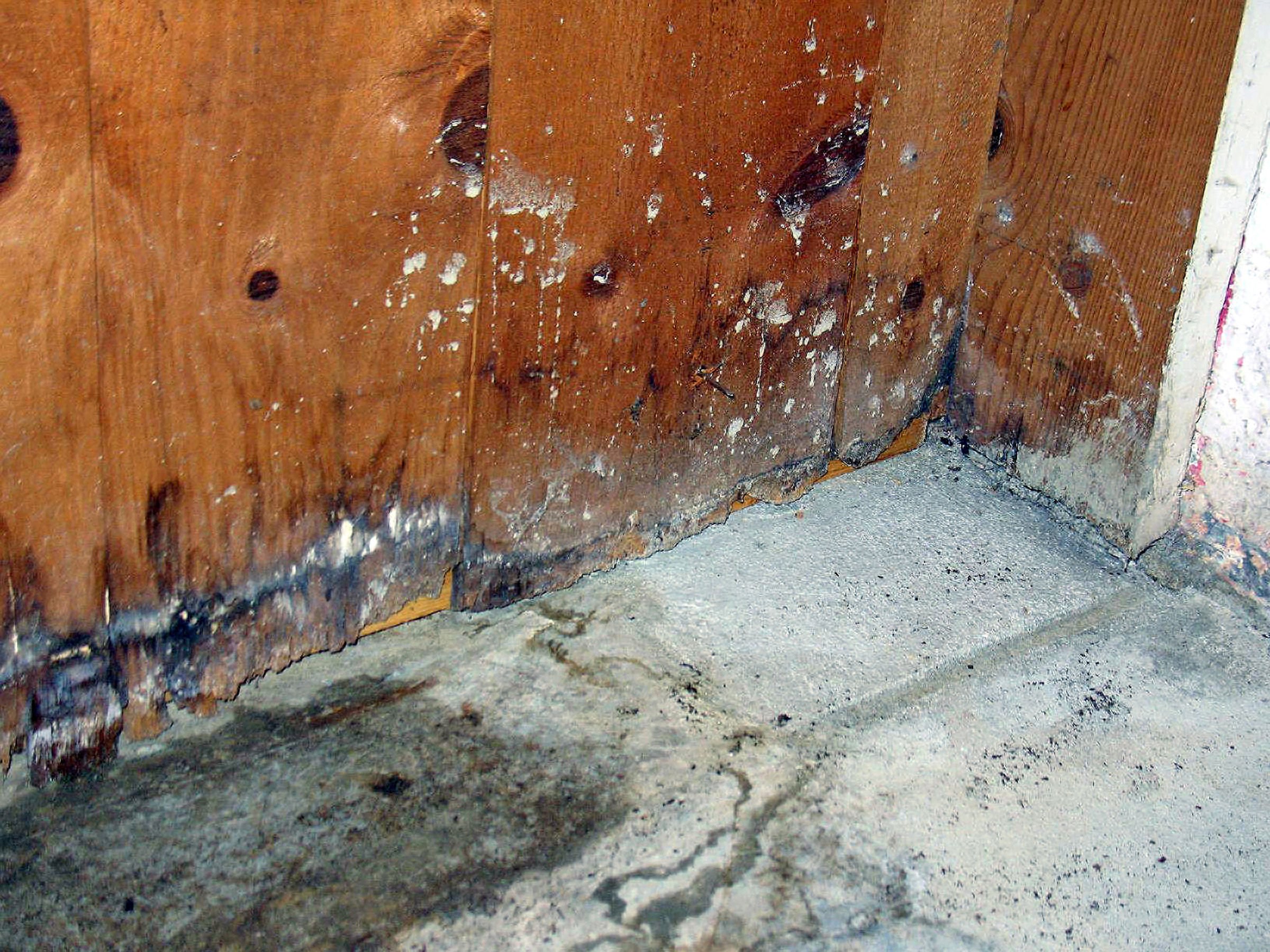Emergency Water Damage Restoration to Restore Your Property Quickly
The Process of Water Damages Clean-up: Guaranteeing Your Home Is Brought Back Effectively
Water damages can be a complicated difficulty for home owners, requiring a meticulous and organized cleaning process to bring back safety and performance. A detailed assessment is crucial to recognize the extent of the damage and determine the ideal removal actions. Following this, effective water removal methods play a critical role in minimizing further damage. The nuances of drying, sanitizing, and ultimate remediation are just as crucial and usually neglected. Recognizing these stages can make a substantial difference in the result of your home's reconstruction, prompting a closer look at what each step requires.
Analyzing the Damage
Upon finding water damages, the initial step is to extensively examine the extent of the impact. This preliminary assessment is important, as it assists establish the necessary actions for effective cleaning and remediation. Begin by evaluating the impacted areas, consisting of wall surfaces, ceilings, floorings, and personal possessions, to recognize the resource of the water intrusion, whether from flooding, leakages, or condensation.
Documenting the damages is vital for both insurance policy cases and preparing reconstruction efforts - damage restoration services. Usage pictures and written notes to record the seriousness of the damages, noting any afflicted architectural aspects and materials. Pay unique focus to locations that may not be right away visible, such as behind wall surfaces and under carpets, as hidden moisture can cause more problems, including mold growth
In addition, analyze the timeline of the water direct exposure. The longer the materials remain damp, the higher the capacity for damages. Understanding the duration of direct exposure will notify the urgency of removal initiatives. Ultimately, a comprehensive analysis lays the groundwork for a successful water damages clean-up process, making certain that all influenced areas are addressed properly and extensively.
Water Extraction Strategies
:max_bytes(150000):strip_icc()/GettyImages-1499353990-49a5c958582445b0a55dbceda3a9097d.jpg)
Professionals typically employ completely submersible pumps for larger volumes of water, which can swiftly alleviate flooding in basements or various other impacted locations. For smaller sized quantities, wet/dry vacuums are commonly utilized to remove recurring wetness from rugs and tough surface areas. In addition, making use of mobile extractors enables for targeted removal in restricted areas or areas with fragile products.
In circumstances of polluted water, such as sewer or floodwater, progressed extraction techniques might include making use of biohazard equipment to ensure safety and security and conformity with health laws. High-powered removal tools are essential in minimizing water retention in structural products, which can cause mold development and structural wear and tear otherwise attended to quickly.
Inevitably, the efficiency of water removal methods plays a pivotal duty in the overall success of the water damages cleanup procedure, preparing for succeeding remediation initiatives.
Drying and Dehumidification
Once standing water has actually been effectively drawn out, the following crucial stage in the water damage clean-up procedure is drying and dehumidification. This step is essential to avoid more damage and mold growth, which can happen within 24 to 2 days in damp atmospheres.
To accomplish efficient drying out, customized equipment such as industrial-grade air movers and dehumidifiers is used. Air moving companies circulate air throughout wet surfaces, improving evaporation rates, while dehumidifiers minimize humidity levels airborne, promoting a favorable environment for drying. The combination of these devices makes certain that moisture is drawn out from furnishings, floors, and walls, allowing them to dry thoroughly.
It is essential to keep an eye on the drying out procedure carefully. Experts often utilize wetness meters to evaluate the wetness material in various materials, guaranteeing that all impacted areas reach appropriate dry skin degrees. This precise method helps to stop covert moisture pockets that could result in structural damages or harmful mold growth.

Cleaning and Disinfecting
After the drying out and dehumidification phase is total, the following vital step in water damages cleanup is cleaning and sterilizing the influenced locations. This process is vital to prevent the growth of mold, germs, and various other virus that thrive in moist atmospheres.
The cleansing stage typically involves eliminating any type of particles, dust, and impurities from surface areas making use of specialized cleaning agents. For hard surfaces, a combination of soap and water or industrial cleaning products site is commonly used. Soft products, such as furniture and carpetings, might call for extra substantial cleansing methods, consisting of heavy steam cleansing or deep removal strategies, to make sure thorough hygiene.

Sanitizing follows cleansing, making use of EPA-approved disinfectants to remove dangerous microorganisms. This step is vital, specifically in areas that might have entered into contact with floodwaters or sewer, as these sources can pose significant health and wellness risks.
Furthermore, it is vital to deal with any continuing to be odors, which might need making use of smell neutralizers or sophisticated techniques like ozone treatment. Correct cleansing and disinfecting not just bring back the security and hygiene of your home but additionally lay the groundwork for effective reconstruction and repair services in subsequent phases of the water damage cleanup procedure.
Reconstruction and Fixings

As soon as the evaluation is complete, reconstruction initiatives can begin. In addition, floor covering may need similar attention, depending on the degree of water exposure.
It is important to involve knowledgeable restoration experts throughout this process, as they have the expertise to handle complicated repair work efficiently. Additionally, they can help mitigate prospective future concerns, such as mold and mildew growth or structural instability, hence making certain a habitable and safe living atmosphere. Eventually, efficient repair and repairs bring back the home's honesty and enhance its overall value.
Conclusion
To conclude, the process of water damages cleanup is crucial for restoring a home to its pre-damage problem. Each stage, from analyzing the damage to executing reliable water extraction strategies, followed by thorough drying out, sanitizing, and required repair services, plays a crucial duty in making sure security and compliance with structure criteria. Efficient implementation of these steps not just mitigates immediate damages however additionally enhances the long-term stability and value of the residential or commercial property.
Water damage can be a daunting difficulty for house owners, necessitating a thorough and structured cleanup process to recover safety and security and capability. Eventually, an extensive analysis lays the foundation for an effective water damage cleanup procedure, guaranteeing that all influenced areas are addressed efficiently and completely.
Efficient water removal techniques are essential in alleviating damage and protecting against further issues adhering to a water invasion occasion.In verdict, the process of water damage cleaning is vital for bring back a home to its pre-damage condition. Each phase, from analyzing the damage to executing reliable water removal techniques, adhered to by complete drying, sterilizing, and needed repair services, plays a vital function in making certain security and compliance with structure requirements.